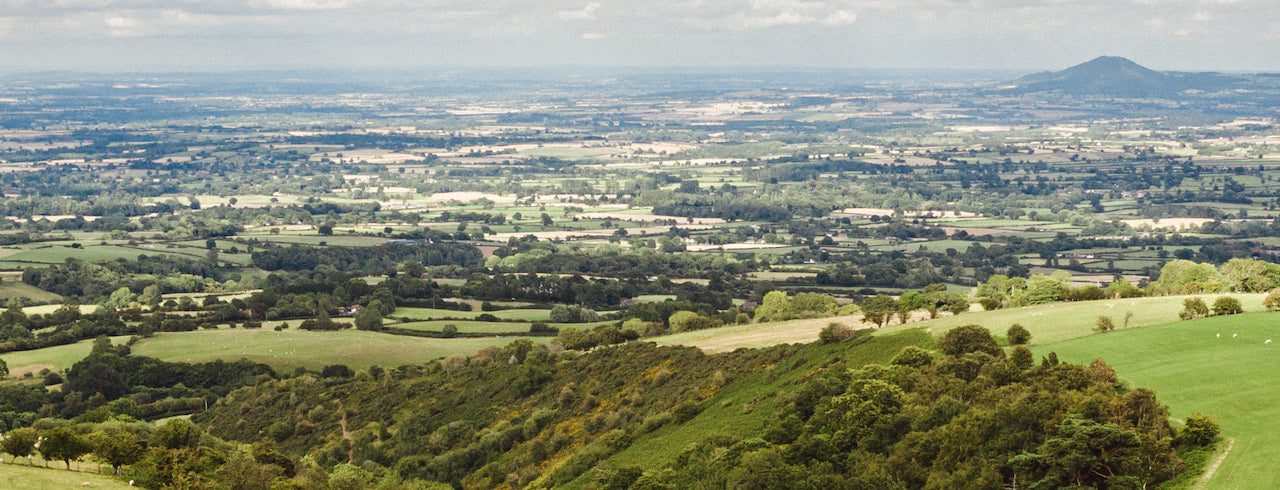
SLOW & SUSTAINABLE BEEKEEPING: OUR VISION
Seasons like this spring, we know what slow beekeeping really means: dependence on natural forces and working only with what we have, to protect what we've got.
The honey industry only gets more cut-throat and brutal each year – from aggressively commercial Manuka harvests to adulterating honey in drive up profits, and out-compete bee farmers working with integrity. We'll always stand against that and, instead of looking at ways to speed up, at how to slow down.
Slow farming is a word which we hear a lot – so what does it mean to us? It means staying true to our origins, as a growing business, and our decision not to wear gloves when we tend to the hives is a small key to that. It slows us down for sure, as we've got no protective layer, but it means we don't compromise on our sensitivity, and that we don't crush the bees. Working with bare hands reminds us every day that we work with our hands, as craftspeople. It's details like these which keep us in touch, quite literally, with what we do.
Slow also means we're still willing to seek out rare harvests such as heather, whose tiny yields and high risk make this less and less commercially viable, as the moors struggle to retain their pristine habitats in face of climate change and an increased human footprint. Ultimately, although we have grown a lot since we started, we remain driven by the small things it is necessary to slow down for–the heady smell of a full honey box, the sight of bees still flying at 9pm in midsummer, the sunrise over the moors.
This year we, alongside other farmers, have felt climate shift making a drastic impact on harvests – showing us that working together through sustainable practice to heal our damaged planet is more vital than ever.
As beekeepers, our bees have a key role to play as pollinators for the flora which sequesters carbon in the soil removing it from the atmosphere. As such, we're increasingly able to benefit from rich synergy with progressive small farmers looking to house hives on their land and pollinate their wild meadows and fringes, who are seeking grants for rewilding projects, who are looking for natural partners to heritage crops. Where we will never work with intensive agriculture, farms which produce 5 or 6 crops a year and only take from the soil, the movement towards sustainable agriculture, increasingly gives us new partners to work with.
Whether landowners seek us out, or vice versa, our goal is not only to make exceptional honey but do so in a way which is connected and sustainable, and which sees bees working towards something bigger than a jar of honey. Fostering these generational relationships means that we can really trust to the integrity of the land to which our hives return year in, year out.
This is far from situating our hives at the side of some road: whether a fruit orchard, a biodynamic vineyard, or a royal estate, the bees are part of the farming vision of that place and we always know exactly what that is. No agrochemicals, no drilling, no wildlife or hedgerow culling; farming for the long term. We know that our bees are in good health and good hands when we're not there, and that their work is not being wasted.

